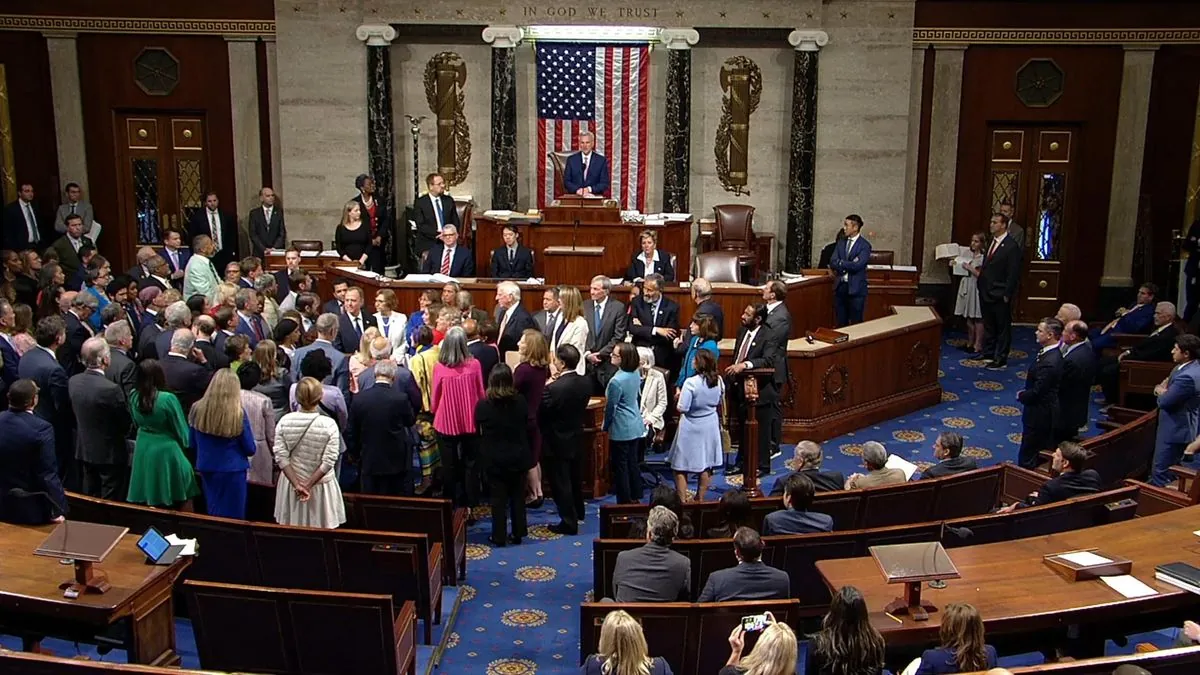Senate Democrats Debate Offensive Strategy in Florida and Texas Races
Some Senate Democrats advocate for increased investment in challenging GOP incumbents in Florida and Texas, diverging from the current defensive strategy. The debate centers on resource allocation and electoral opportunities.

A group of Senate Democrats are advocating for a shift in party strategy, urging leadership to allocate resources towards challenging Republican incumbents in Florida and Texas. This approach contrasts with the current defensive focus on protecting eight competitive Democratic-held seats.
Brian Schatz and Sheldon Whitehouse, prominent Democratic senators, are among those pushing for this change. They argue that opportunities exist in Florida and Texas to unseat Rick Scott and Ted Cruz respectively, despite these races being considered long shots by many.
"It is not a question of will or strategy or preference. It is a question of money. If we have it, we have a very strong chance of winning. And if we don't, we don't."
The debate highlights the strategic dilemma facing Democrats as they approach the 2024 elections. The party's current strategy, led by Gary Peters at the Democratic Senatorial Campaign Committee (DSCC), prioritizes defending incumbent seats to maintain their slim majority.

This "no shiny objects" approach stems from past experiences where significant investments in seemingly promising races yielded disappointing results. However, proponents of a more aggressive strategy argue that unique opportunities in Florida and Texas shouldn't be overlooked.
Florida and Texas present distinct challenges due to their size and expense. With nearly 11 million voters each, shifting the electorate even slightly requires substantial resources. Yet, recent electoral history shows potential for Democratic gains:
- In 2018, Rick Scott won Florida by less than 13,000 votes.
- In the same year, Ted Cruz secured victory in Texas by only 2 percentage points.
- Texas has seen a gradual shift towards Democrats, with the margin narrowing from 9 points in 2016 to 5.5 in 2020.
The involvement of Vice President Kamala Harris and Second Gentleman Doug Emhoff in campaigning efforts signals increased attention to these states. Their appearances aim to energize the Democratic base and test the viability of further investment.
Ultimately, the debate reflects broader strategic considerations for the Democratic Party. While the immediate goal is to retain Senate control, some argue that investing in states like Texas could yield long-term benefits by potentially bringing a major electoral prize into play for future elections.
As the 2024 elections approach, Democrats must balance defensive necessities with offensive opportunities, all while managing limited resources in an increasingly competitive political landscape.


































